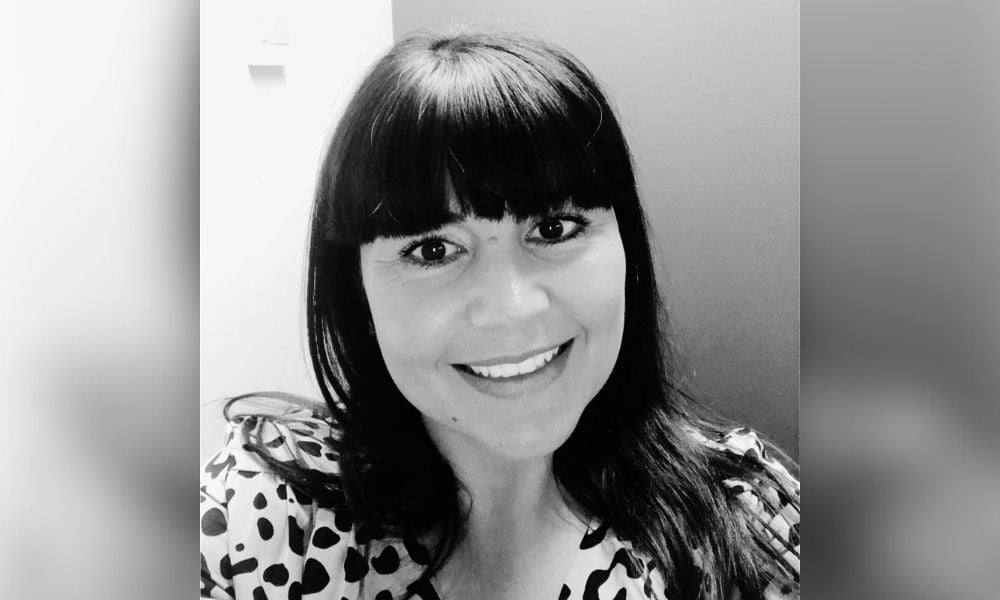
Hear how top Kiwi companies are supporting employee wellbeing at the National HR Summit New Zealand

The mounting pressures on employees — ranging from technology-induced stress to financial constraints and the elusive quest for work-life balance — underscore the critical need for building resilience in organisations. Employers are increasingly recognising the importance of fostering a workplace culture that supports the well-being of their teams.
“Our employees expect more these days, with burnout and stress on the rise, the general social environment that exists today — be that technology or the pressure on finances or trying to find that balance between work and life — all of that is just really ramped up for everyone,” said Ceri Rowland, chief people officer at Douglas Pharmaceuticals.
“My number one philosophy is happy, healthy people deliver sustainable, high performance,” said Rowland. “If you can be happy and healthy, you perform at your best.”
This April, at the Pullman Auckland, Rowland will be joined at the HRD’s National HR Summit New Zealand by Philip Doak, GM safety & wellbeing; head of culture and leadership at the Port of Auckland, and Katrina Hau, director of people experience at Auror. Together, they will discuss effective well-being strategies for building resilient teams.
To find out more about the HRD HR Summit New Zealand, click here.
The panel discussion will explore topics such as how to create a psychologically safe workplace, how to manage psychosocial risks at work, and how to avoid the latest HR buzz phrase: “wellbeing washing.”
So, what is “wellbeing washing”? Wellbeing washing is when an organisation makes a public display of support for wellbeing initiatives but lacks adequate wellbeing support.
Conceding that workplace wellbeing can be one of the trickier aspects of HR, Rowland said, “The first thing I would say is that it is really hard, and there is no silver bullet to create the perfect culture where people thrive. It's got to be ongoing, and it's got to continue to evolve,” she said.
“It is not a fruit bowl or a cool t-shirt — it may be some of those things but it is multifaceted and multipronged, and the only way to know that we’re meeting our people’s needs is by asking and listening and making those changes that truly have a positive impact on our people’s well-being.”
Amid the challenges, there is a growing realisation amongst employers that prioritising employee well-being is not just a feel-good sentiment but a strategic imperative.
“Your mental health needs to come first,” said Rowland. “And like I said at the beginning, there is no silver bullet but there are some really cool things that we’ve been able to do that we know have worked, so we’re happy to share those at the summit but also really keen to hear from others about what they’re doing.”
“We’re all here because we care deeply about people. And we want our people to be the best so that our businesses can be successful. So, the only way to do that is to share and learn, and and so I have a very open approach to sharing any policies or papers or strategies that we have if it helps someone else.”
To find out more about the HRD HR Summit New Zealand, click here.
To register for the HRD HR Summit New Zealand, click here.